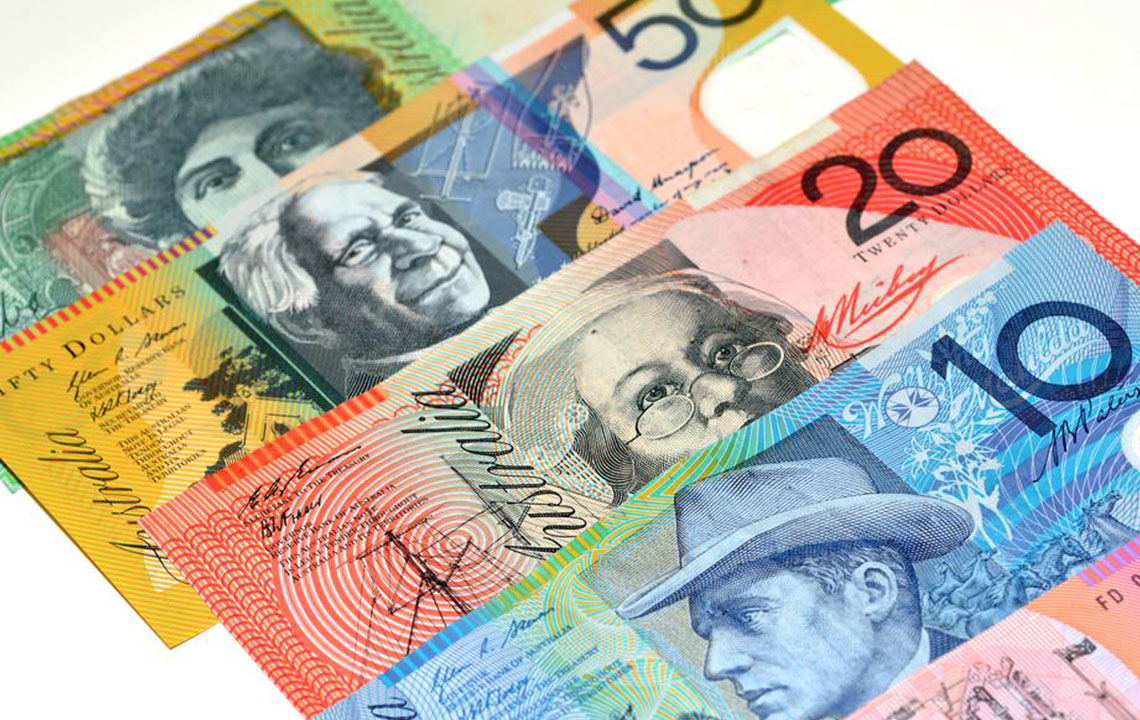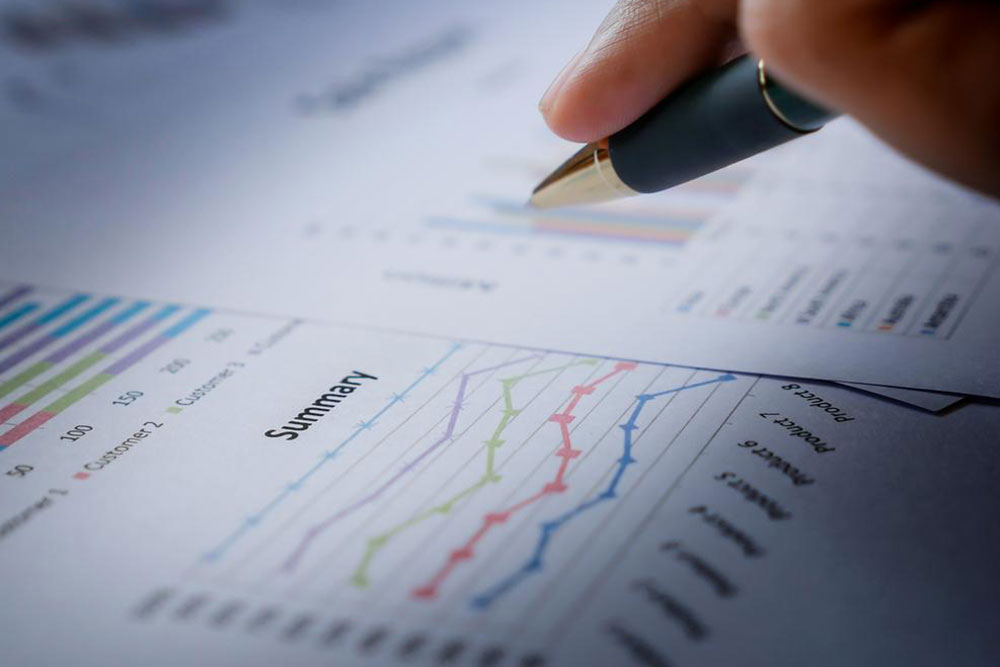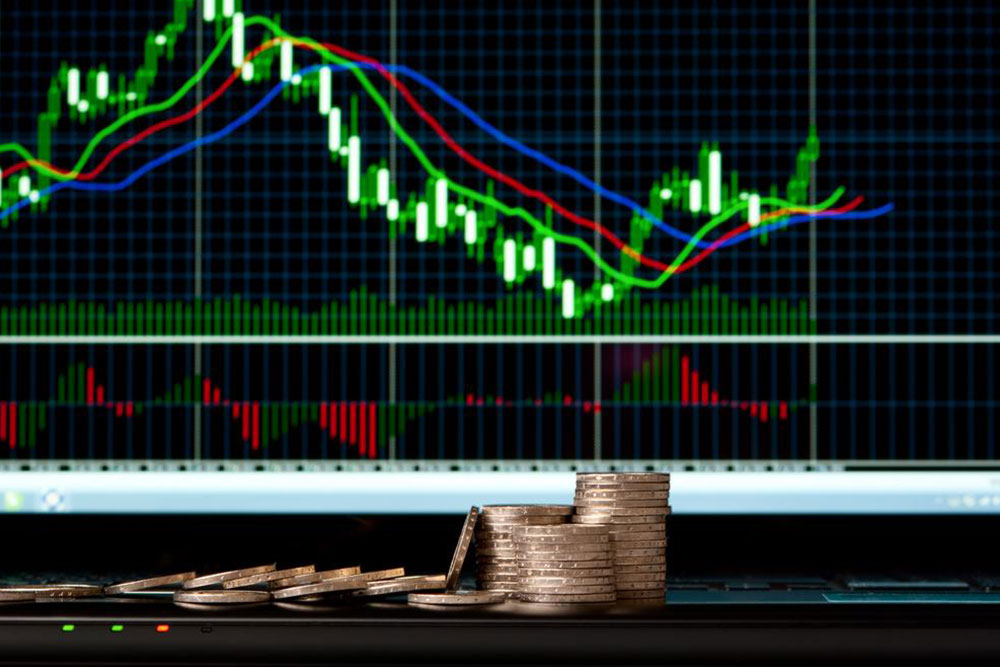Comprehensive Guide to International Currency Trading and Forex Market Dynamics
Explore the comprehensive world of international currency trading in this detailed guide, explaining how the Forex market operates, its advantages, and effective strategies for beginners and experienced traders alike. Learn about the global market’s mechanics, key concepts, and how to navigate its dynamic environment for potential profits.

Understanding the Fundamentals of Global Currency Markets
The foreign exchange market, commonly referred to as Forex or FX, stands as the largest and most liquid financial marketplace in the world. It facilitates the buying, selling, and exchanging of national currencies on a global scale, serving as the backbone for international trade, investment, and financial operations. While the concept of trading currencies might seem abstract or unusual to some, the actual process involves sophisticated electronic systems that enable real-time currency transactions across continents.
Unlike traditional stock markets that operate during specific hours and locations, the Forex market functions virtually 24 hours a day, five and a half days a week. This non-stop operation is possible due to the differing time zones across major financial hubs such as New York, London, Hong Kong, Tokyo, and Sydney. As a result, traders can engage in currency trading around the clock, capitalizing on fluctuations caused by geopolitical events, economic indicators, and market sentiment.
The unique characteristics of the Forex market—such as its high liquidity, low barriers to entry, minimal regulation, and low transaction costs—make it highly appealing for individual traders and institutional investors alike. The core activity involves exchanging one currency for another, with traders speculating on the future movements of currency pairs with the aim of profiting from these fluctuations. For instance, a trader might buy euros against the US dollar, expecting the euro to appreciate relative to the dollar, then sell later at a profit.
To succeed in the foreign exchange market, it is essential to gain a comprehensive understanding of its mechanics, terminology, and strategies. Aspiring traders should educate themselves through reputable sources, online courses, and market analysis to develop effective trading techniques. Recognizing patterns, understanding geopolitical influences, and managing risk are critical to navigating this complex environment successfully.
Learning from experienced traders can significantly improve your trading outcomes. Many seasoned professionals share insights, technical analysis methods, and risk management strategies that can help beginners avoid common pitfalls. Starting with small investments is a prudent approach, allowing new traders to learn through practical experience without risking significant capital. As confidence and knowledge grow, traders can scale up their positions and explore more advanced strategies.
The Forex market’s sheer size and liquidity make it a compelling choice for individuals seeking to diversify their investment portfolio or generate additional income. It surpasses stock and bond markets in volume, reflecting the vast scale of global currency transactions. With curiosity, proper education, and access to robust trading platforms, anyone interested can participate in this exciting financial arena, with the potential for substantial financial rewards.
If you're considering entering the world of currency trading, take the time to learn, practice, and develop a disciplined approach. The key is to stay informed about global economic trends and currencies, utilize reliable trading tools, and maintain a strategic outlook. Over time, this diligence and knowledge can lead to profitable opportunities in the dynamic and constantly evolving Forex landscape.





